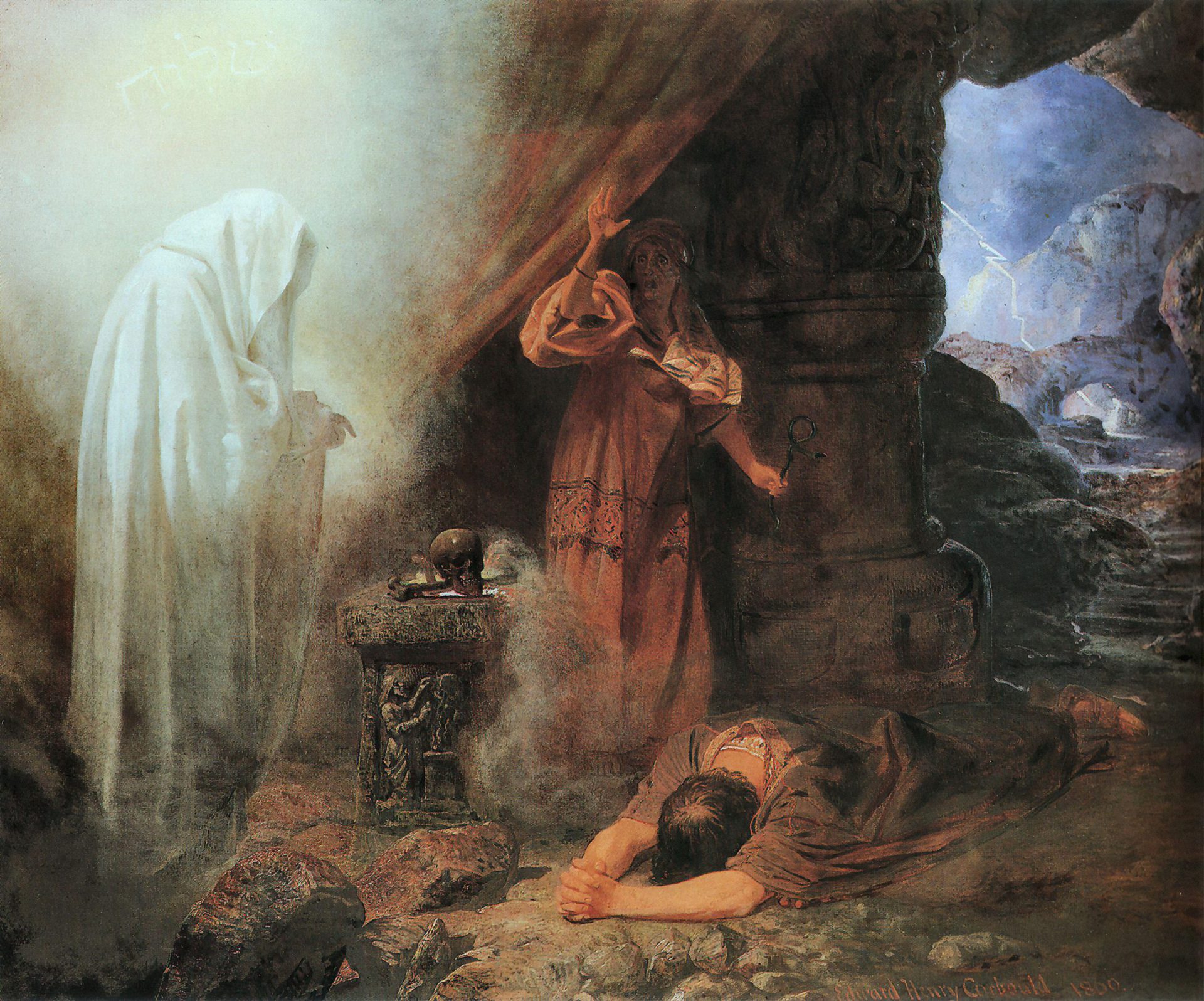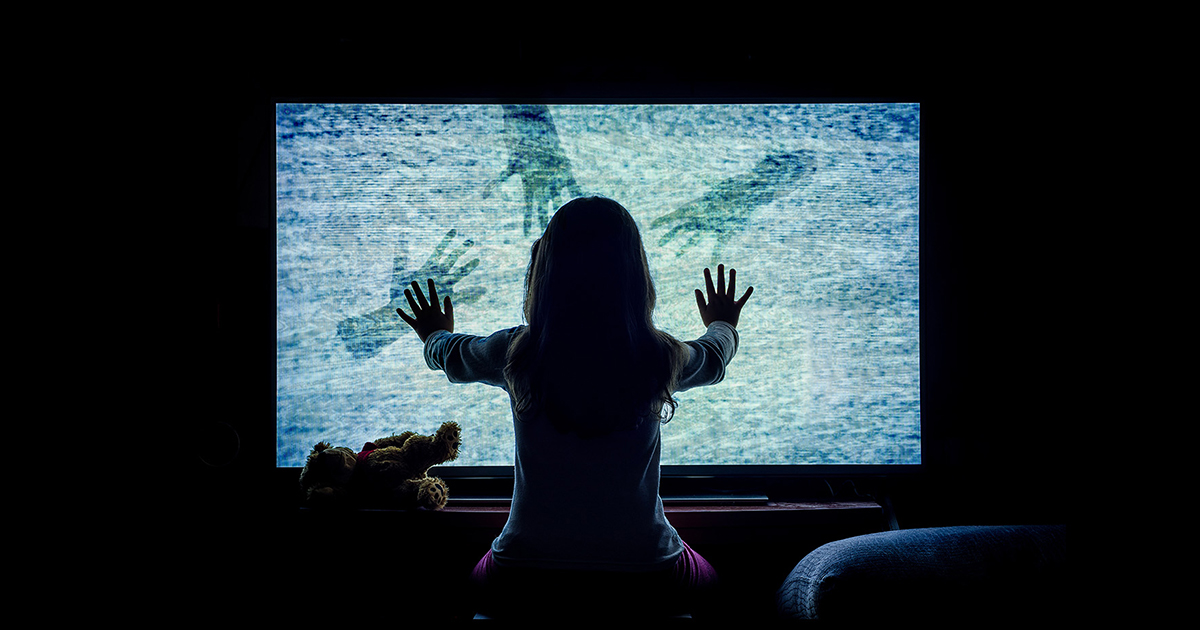One of the more unsettling political ads of 2020 came from Change the Ref, a nonprofit founded by the parents of Joaquin Oliver, known as “Guac,” who was murdered in the 2018 mass shooting at a high school in Parkland, Florida. After an introduction by the parents, words appear on the screen saying that “we used artificial intelligence to bring [Joaquin] back for one last message.” We then see a teenage boy who says “Yo, it’s me. It’s Guac!” The AI footage looks like it could be from a cell phone or inexpensive digital camera; the voice and physical mannerisms are those of a teenage boy. “The election in November is the first one I could’ve voted in,” he says. But, he tells the audience, since he is dead “you’ve got to replace my vote” — by electing politicians that will curb gun violence in America.
Many people found the ad unsettling. However laudable the message and the work of the organization, the vehicle seemed creepy, if not sacrilegious. Hundreds of comments on a news tweet announcing the ad expressed disgust, and a Slate article noted how uncanny the ad seemed. What prompted this response? It wasn’t animal revulsion, the sort we feel when seeing a rotting corpse or excrement or other things in which our disgust is rooted in the physicality, and often in the perceived physical contagion, of the object. No, this was social revulsion: it had to do with the transgression of some kind of social boundary, with the upsetting of right relationships. What relationships are upset by the digital re-creation, as opposed to mere preservation, of the face and voice of a dead person?
We viewers feel that we are the victims of a hoax. The video wants to give its words authority that only Joaquin could give them, but we know Joaquin is dead and these words are not his. We may also feel that something related to grave-robbing is involved: a dead person is being “disturbed,” in some sense, in order to advance the concerns of the living. And we feel, it seems to me, that we are being exploited in a particularly unfair way because of the wounds that a death inflicts on the living, and because of the relative ease with which those wounds can now be exploited owing to advances in AI.
These concerns are not entirely new. They occur at least as far back as the biblical book of Deuteronomy, which prohibits necromancy — that is, conversation with the dead: “No one shall be found among you who … consults ghosts or spirits, or who seeks oracles from the dead” (Deut. 18:9–10). That prohibition is breached only once in the Bible, in 1 Samuel 28, when King Saul asks the Witch of Endor to call up the spirit of the dead prophet Samuel. We learn elsewhere that Saul eventually dies partly because of this transgression: “So Saul died for his unfaithfulness; he was unfaithful to the Lord in that he did not keep the command of the Lord; moreover, he had consulted a medium, seeking guidance, and did not seek guidance from the Lord. Therefore the Lord put him to death” (1 Chronicles 10:13–14).
The story goes like this. Distraught at the sight of the gathering Philistine armies, Saul calls on God for answers. But God does not answer him in any of the usual (and licit) ways, so Saul seeks out a woman at Endor who can call up spirits, despite Saul himself having previously expelled all such practitioners from his lands. He disguises himself to go see the woman and asks her to call up the spirit of the prophet Samuel, who had been a great critic of Saul during his life but had also offered him divine guidance. The spirit of Samuel comes, and the witch, now terribly afraid, also recognizes Saul: “When the woman saw Samuel, she cried out with a loud voice, and the woman said to Saul, ‘Why have you deceived me? You are Saul!’”

It’s not perfectly obvious why the woman is afraid. By one interpretation, the witch is shocked at suddenly realizing that the only person who would be asking for the spirit of Samuel and for whom Samuel would indeed appear is King Saul, whose law against necromancy she had just broken. But another interpretation is possible, one that attends to the strict order of events: The witch calls the spirit of Samuel, he appears, then she is shocked, and only then does she realize that Saul is her interlocutor. It is Samuel’s appearance that provokes the shock, which suggests that the she did not expect Samuel — or, perhaps, any spirit at all — to appear. This means she was a charlatan, like the spirit mediums so popular in the nineteenth and early twentieth centuries.
This puts the prohibition against necromancy in Deuteronomy in new perspective. Perhaps the prohibition was not just against an act of magic but more so an act of deception. What’s being prohibited is the seeking of oracles from the dead, whether or not they actually speak — and, given the biblical record, they evidently don’t: the one exception proves the rule. The dead in Scripture do not speak again, and those who claim to make them speak offer only a kind of grim ventriloquism.
But why prohibit fraudulent necromancy? Because we are vulnerable, and our wounds can make us susceptible to manipulation by frauds who promise that our loved ones can speak with us again.
Now think again about the Change the Ref ad. It’s perfectly true that Joaquin’s parents had every legal right to use his voice and image for their purposes — parents have control over such uses even with still-living children. But their obligation exceeds legal concerns about the rights to their child’s likeness and includes larger social concerns about the right relationship to the dead, and part of relating well to the dead is letting them be dead. The ad feels manipulative because we assume that a speaking person is present, that he has a stake in our fights. Precisely because Joaquin is gone, the fight against gun violence is not his but ours. Technological resurrection will allow many of us to conscript the dead into our fights, but reflection on human vulnerability suggests that we ought not do so.
The reason we must safeguard the silence of the dead is because it means confronting the fact that a person is gone, that we now lack something irreplaceable. The philosopher Herbert McCabe writes that human death “is outrageous in a way that the death of other animals is not; because in human death nature takes back more than it has lent to us.” In death, as in life, legal regimes are not suited to regulating the full depth and significance of our relationships. If we feel discomfort with the unfortunate Change the Ref ad, it is because we retain a notion, if somewhat inchoate, that the dead must be allowed to rest, that their words in life must remain final. It is the fullness of personhood that makes the loss of someone so profound, and full personhood is the only foundation on which a right relationship can ever be built.
More from the Summer 2023 symposium
“They’re Here… The AI Moment Has Arrived”

Exhausted by science and tech debates that go nowhere?